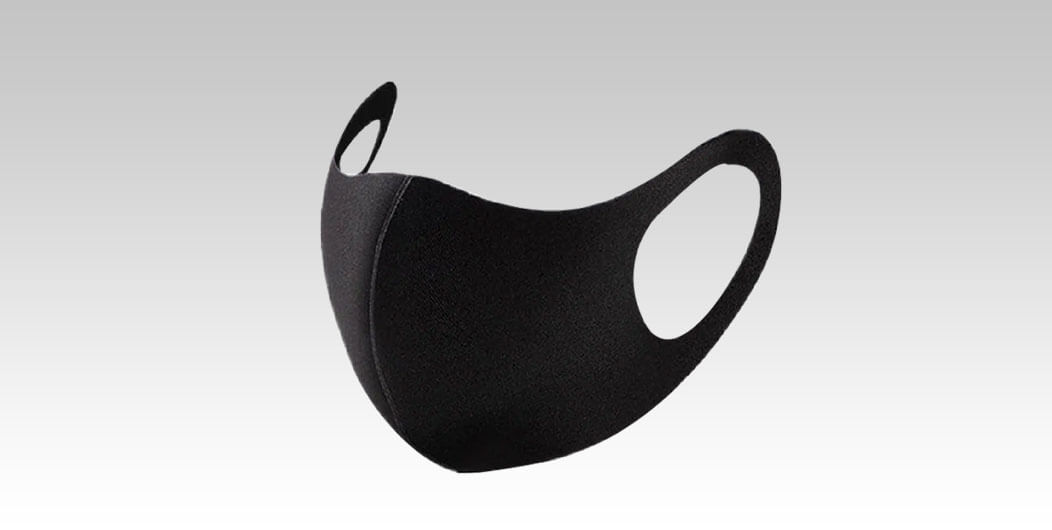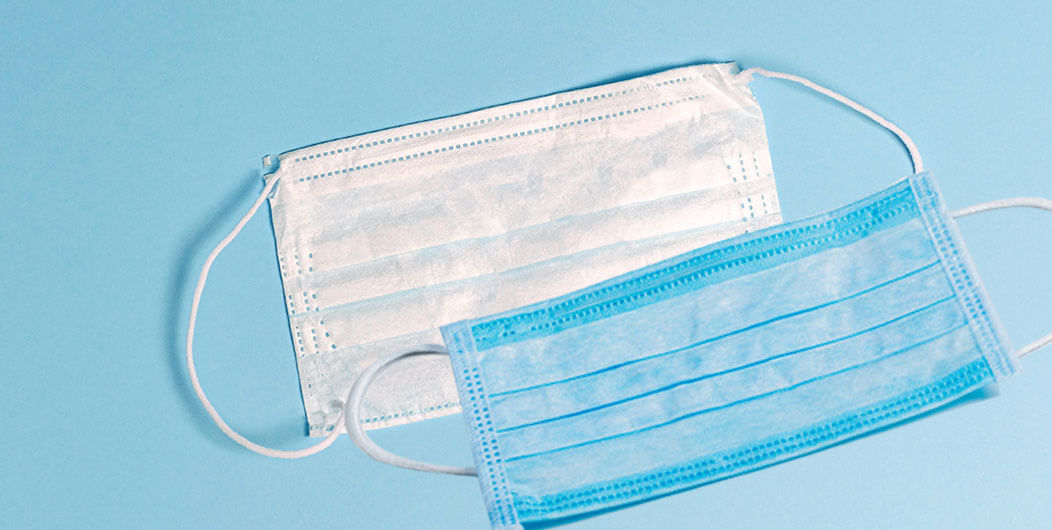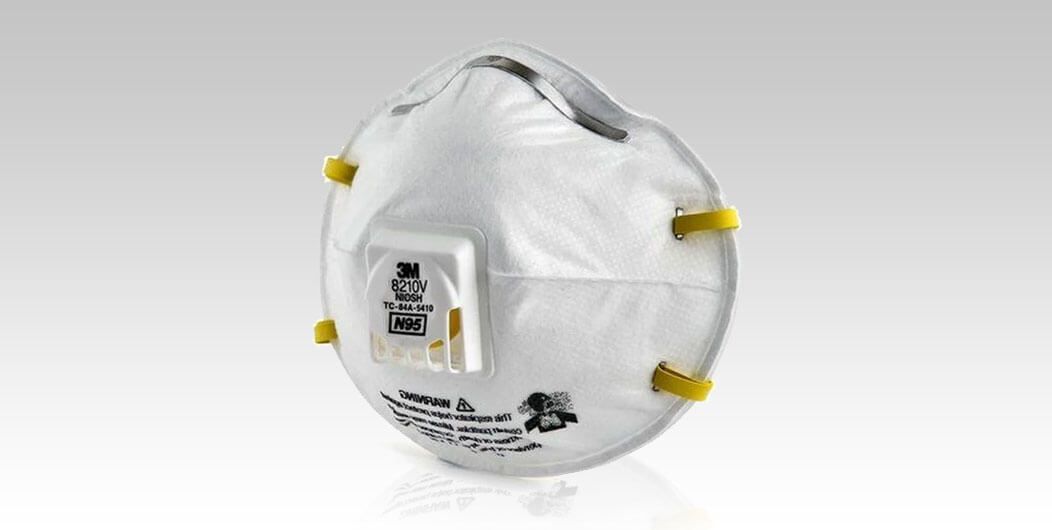Used to protect the wearers from airborne diseases, particles and liquid-based contamination, masks are worn by the general public and health care personnel to prevent the spread of infection or illness.
While masks and respirators both cover the wearer’s nose they are different in several ways and are developed for different purposes.

Face masks developed for the general public that could be used in non-medical or non-surgical purposes are not considered medical devices. While they are generally used in an industrial and domestic context, reusable face masks and covers are recommended for the use of the general public when in a public setting to slow the spread of pathogens. Intended for the use of source control, non-medical face masks are loose-fitting and may not provide full protection from breathing in airborne pathogens, such as viruses in a highly contagious environment.

Surgical Masks are fluid resistant and provide the wearer protection against large droplets, splashes, or sprays of bodily or other hazardous fluids. A surgical mask can also protect others from the wearer’s respiratory emissions.
They are manufactured in different thicknesses and with varying ability to protect the wearer from contact with liquids and splashes. These properties will also affect how easily the wearer can breathe through the face mask and how well the surgical mask protects the wearer.
They are loose-fitting devices that create a physical barrier between the mouth and nose of the wearer and the immediate environment. They are mainly used in surgical and some industrial settings and do not provide full protection from inhalation of airborne pathogens, such as viruses. Surgical masks are not shareable and are not reusable and require disposal using recommended procedures.

Respirators are a type of PPE that tightly fit the face and filter airborne particles to protect health care workers and frontline workers. An N95 respirator or KN95 face masks, which is its Chinese standardised version are designed to provide a higher level of protection against viruses and bacteria when properly fit-tested.
Designed to achieve a very close facial fit and very efficient filtration of airborne particles, the edges of the respirator are designed to form a seal around the nose and mouth.
Respirators are single-use, disposable devices and are not designed for children and people with facial hair.
Sri Lankan manufacturers develop reusable face masks, 3- ply surgical masks and N-95 and KN-95 respirators for the local and global markets under local and global health and PPE guidelines.
Find Sri Lankan Face Mask and Respirator suppliersManufactured under expert medical guidance personal protective equipment (PPE) and sanitization products from Sri Lanka are designed to protect and empower health care & frontline workers battling COVID -19 around the world